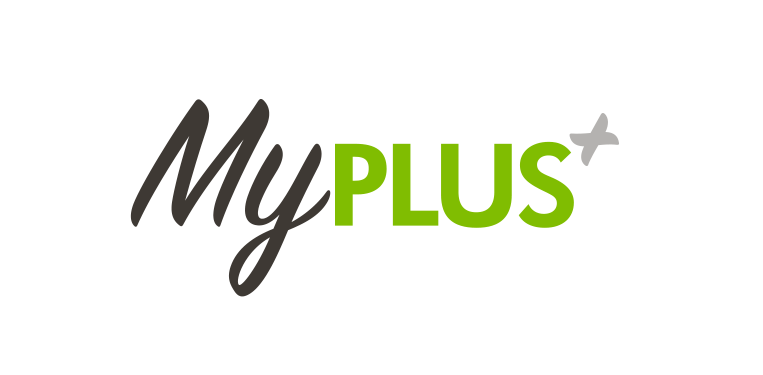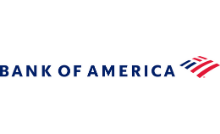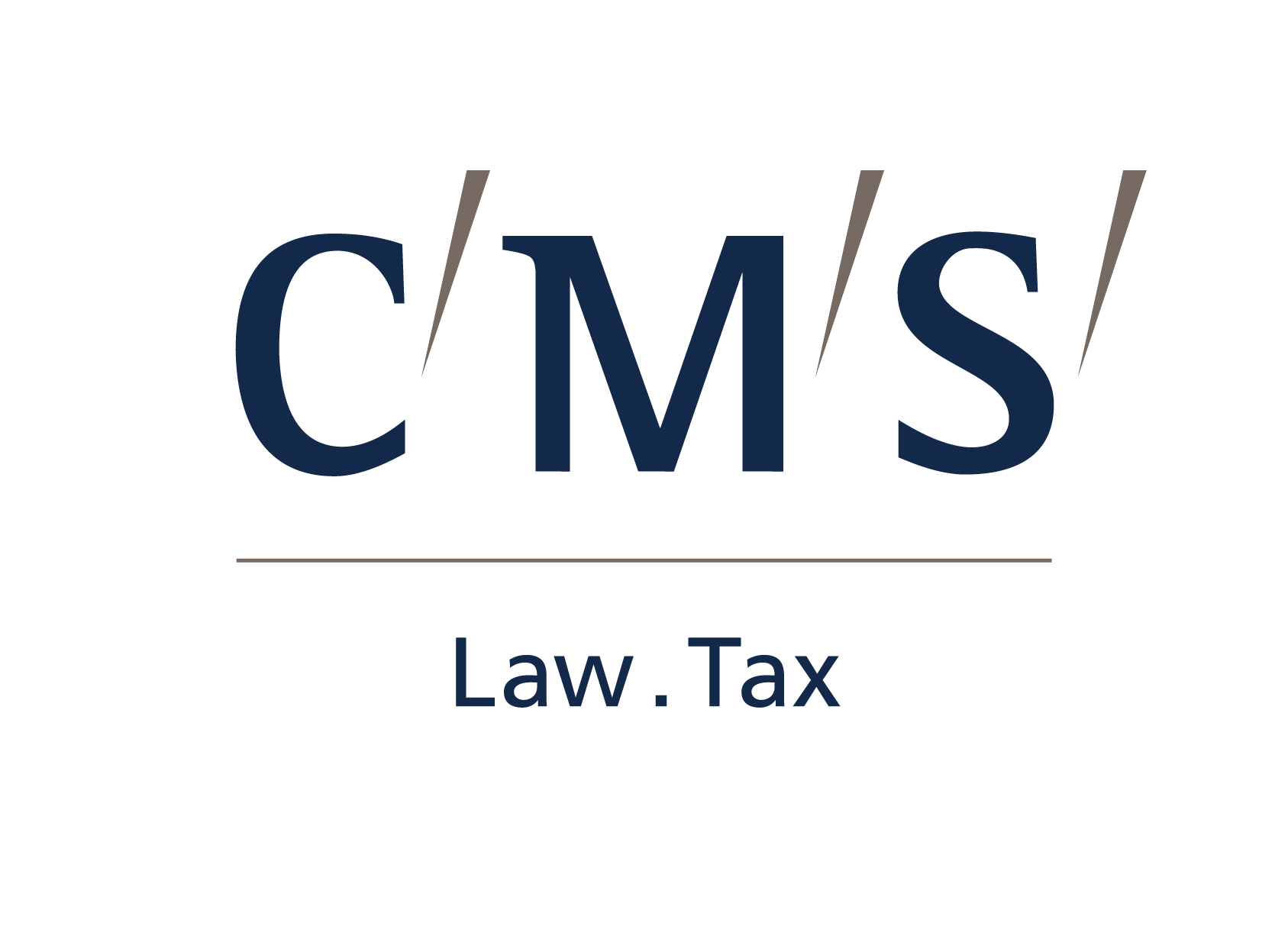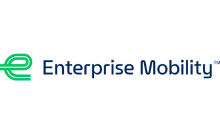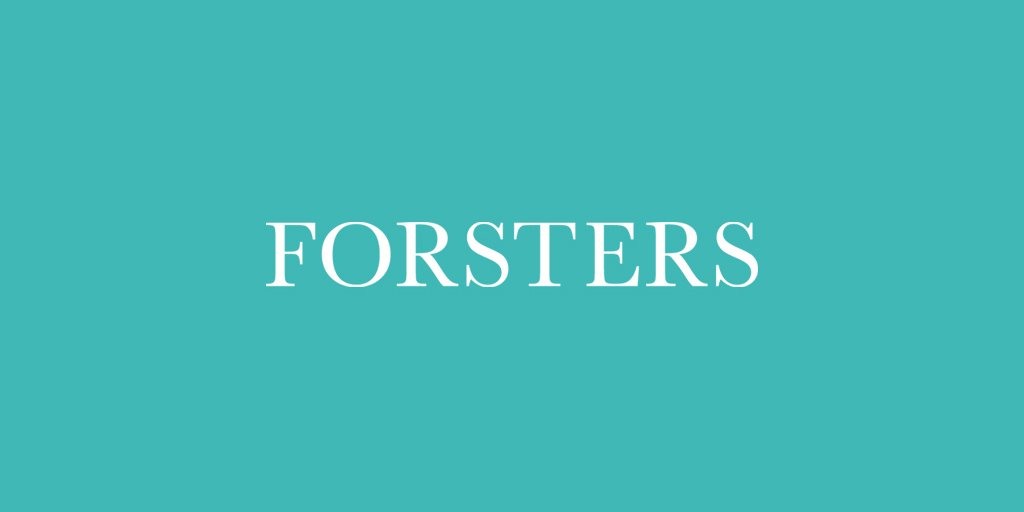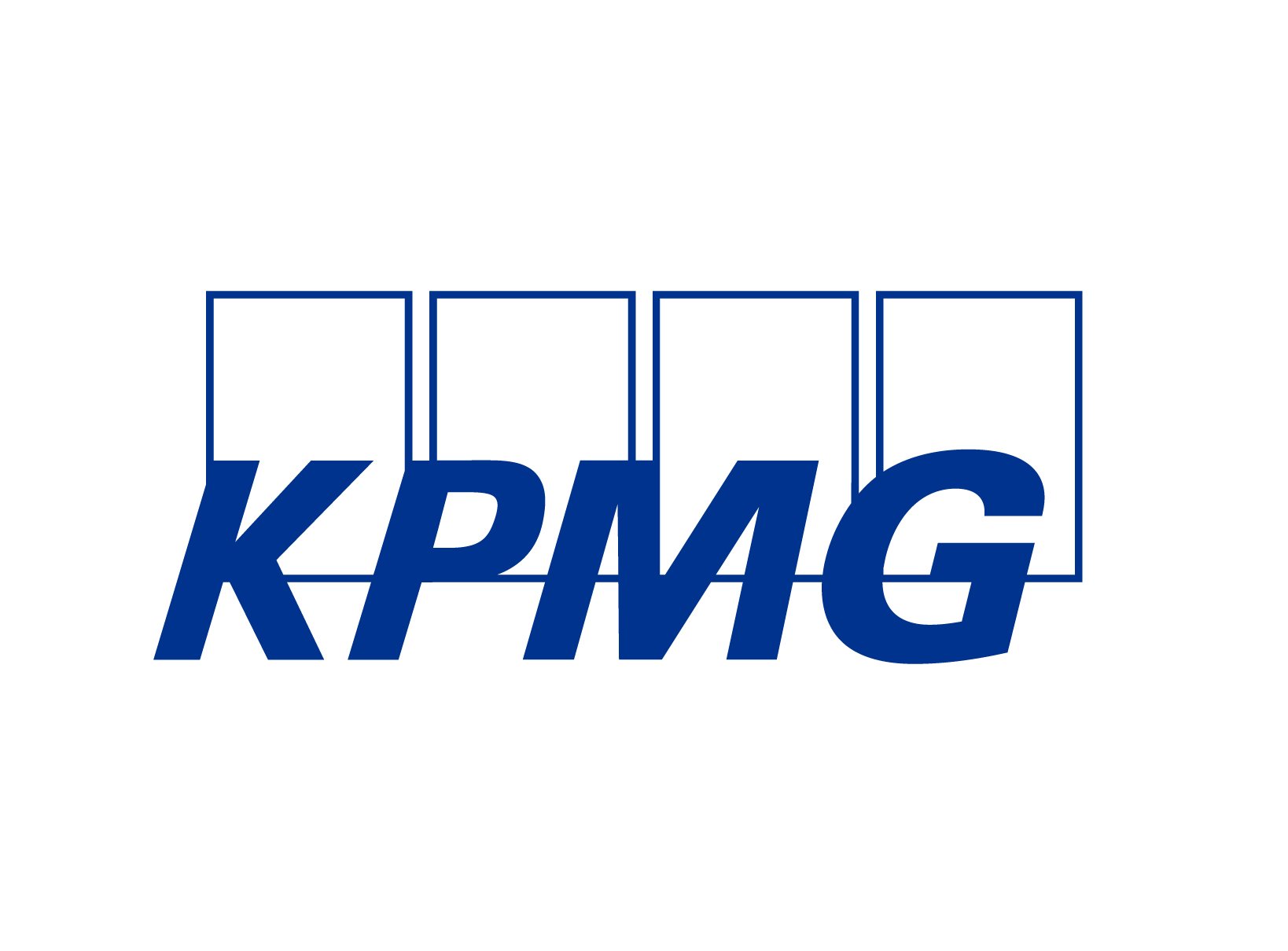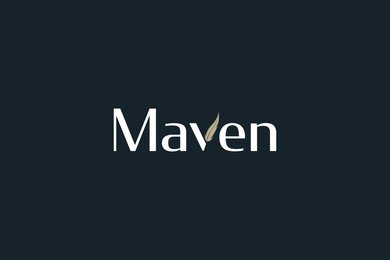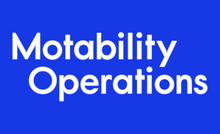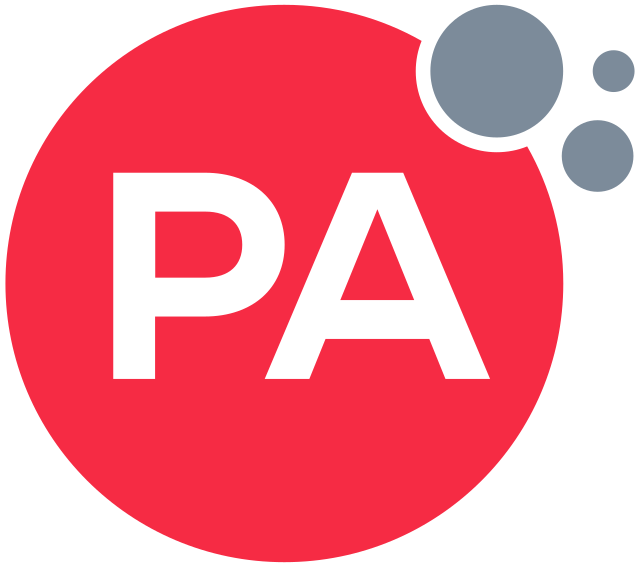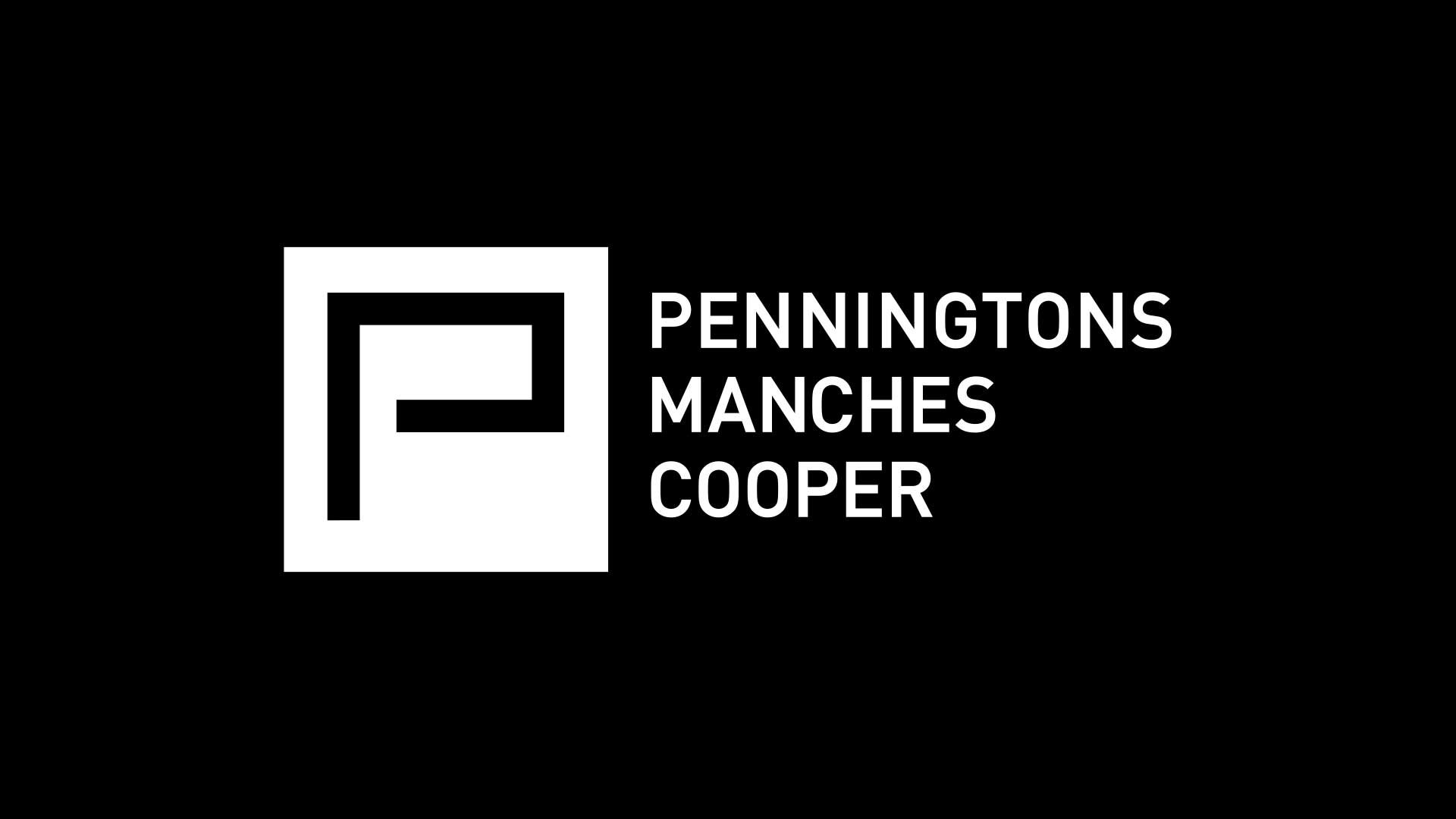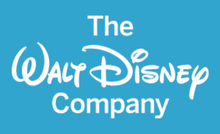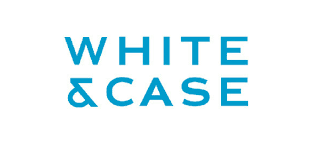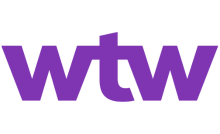Author- Lise Austen, Recruiters’ Club Manager, MyPlus
People are an organisations most valuable asset and business success is dependant on the ability to include and harness the unique talents of everyone, including individuals with a disability. Most progressive organisations will understand that disabled individuals have developed skills and talents to help them manage their disability, many of which are of great value to, and sought after by, employers. With 21% of the working age population and 15% of university students having a disability this insight highlights how employers can ensure that they are not only disability confident but also best positioned to harness the talents of this high proportion of the population with a disability.
Whether you are just starting on your disability confident employment journey or have already progressed our recommendations can be used to help you ensure you are going in the right direction.
Disability Confident Strategy
No matter where you are as a disability confident employer it is vital to create a strategy or, if you already have one, to review its effectiveness. Commitment at the senior leadership level is essential to achieving disability inclusion and accelerating progress; without visible commitment, change will likely be slow and fragmented
Define what you want to achieve. What does being disability confident mean to your organisation? Where are you currently on your journey and where do you want to go? What are the potential barriers and challenges and how can you address them?
Consider how inclusive your organisation currently is and how you attract, recruit, support and develop disabled employees. Consider what you need to do to make your existing processes and policies inclusive for all of your employees.
Create goals, timelines, measures with accountability and resources.
Communicate your strategy clearly and effectively across the organisation so all employees are aware of what your core disability aims and messaging are and understand the responsibilities they have to play in ensuring it really is a business priority and that objectives are met.
Marketing
To recruit the best employees you need to select from the broadest pool of talent. However, to do this, you first need to reach them. How are you going to go about attracting disabled employees to your organisation? What do you want to achieve? To successfully attract candidates with disabilities you need to both communicate and proactively demonstrate your commitment, enabling them to have confidence in your organisation.
Create your attraction strategy and marketing message. What is your disability value proposition? Why should a disabled individual want to work for you? What is your approach to disability and how do you support employees with disabilities?
Understand your target audience; in particular, what are the concerns of disabled individuals as they enter the workplace?
Ensure all your communications channels portray your key messages to disabled individuals. Consider your website, collateral, information on third parties such as recruitment agencies, universities and schools and your social media.
Be credible and authentic. It is very easy for a company to write on their website or marketing collateral that they are inclusive however it is something else entirely to bring this to life. One of the best ways to do this is to ask existing employees with a disability to share their story about working for you. Role models who talk about how they manage their disability and what support you provide them with will encourage disabled candidates to not only consider your organisation but also to be open about their disability so they can request appropriate support enabling them to excel and be successful in gaining employment with you.
Recruitment
Ensure your recruitment process is inclusive and encourages disabled candidates to apply, inform you about their disability, and request the support they require, therefore standing them a higher chance of being successful. From research conducted by MyPlus, 76% of students with a disability won’t disclose their disability when applying for their first job. As a consequence many will not request support and are therefore more likely to be rejected from your recruitment process. It is therefore important you review your recruitment process with a fine-tooth comb to ensure you are inclusive, provide clarity about the support you can offer and make it as easy as possible for them to request this.
Consider your application forms. How accessible are they? Have you challenged your application criteria? Communicate clearly that mitigating circumstances will be taken into account.
Establish clear and consistent guidelines for screening and processing all applications including those who have a disability or have stated mitigating circumstances. This will ensure that candidates with disabilities have a fair opportunity to progress to interview stage and demonstrate their abilities, especially if their academic record has been affected by their disability.
It is essential that your organisation has a straightforward process and positive mindset to provide support for candidates with disabilities. Some adjustments are very simple to implement and have little or no cost associated with them. Others are more complex and may require financial support or additional resources
If you have done all the above candidates should feel comfortable to be open and will have disclosed a disability by the time they get to the interview/assessment centre stage so they won’t be worrying about their disability. However, be prepared for what to say if a candidate does disclose at this late stage.
Wherever possible share your recruitment process so that disabled candidates can identify where they may require support.
Review the disability confidence of your recruitment staff and hiring managers. Do they feel comfortable speaking with disabled candidates? Do they know how to respond when support is requested by a disabled candidate? Are your hiring mangers aware of what they can and can’t legally ask at interview? Consider providing training to build their confidence.
Support
When disabled candidates accept jobs with you it is vital that you consider their support requirements as part of your onboarding and employee development processes. From day 1 they need to feel supported and able to bring their whole self to work so that they can be effective, happy and successful working for you. With 80% of disabilities acquired between the ages of 18 and 64 (source: Disabled Living Foundation) having resources and processes already in place will undoubtably also benefit any of your existing employees who gain a disability whilst in your employment.
Challenge your onboarding and employee development processes to ensure they cover the requirements of disabled employees.
If you have a disability employee network visibly promote this internally and externally; not only will it give confidence to disabled candidates it will also provide support to disabled employees.
Consider how inclusive the wider organisation is. How comfortable do employees feel being open about their disability? How easy is it to access support? What are the comfort levels of line managers? Having a diverse workforce will not only bring business benefits it will also help all employees feel supported and valued.
Monitor
As with any strategy it is imperative that organisations review it regularly to ensure that progress is being made and what you set out to do in terms of ‘progressing disability confident employment’ is being achieved.
MyPlus works with employers to help them progress their disability confidence when it comes to employing disabled individuals. Our MyPlus Recruiters’ Club provides access to educational disability employment events, training, consulting, toolkits and advice and support to help organisations committed to becoming disability confident progress through the elements of the recommendations highlighted above. In addition MyPlus is an accredited UK Government Disability Confident Leader.
To find out more about how we can help you become a disability confident employer visit our MyPlus Recruiters’ Club page or contact info@myplusconsulting.com.
